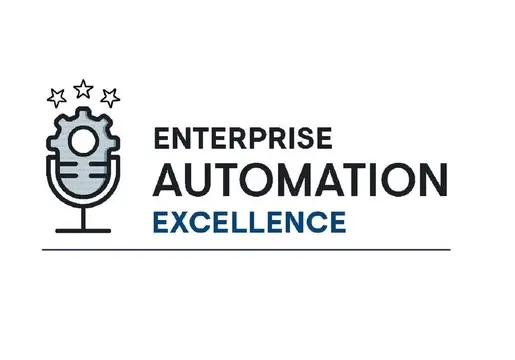
Hadoop big data giants Cloudera and Hortonworks have finalised their all-stock merger announced in October. As a result, this will "create the world's leading next generation data platform provider, spanning multi-cloud, on-premises and the Edge."
Data analytics in the enterprise
Almost three-quarters of organisations (72%) say that data analytics enables them to create valuable insight. This is according to research commissioned by SAS, which also found that 60% of firms are more innovative due to analytics resources.
CTO and co-founder Amr Awadallah insists that Cloudera “takes any type of data at any volume and performs any form of analysis.” In a different way, Hortonworks offers a more traditional open-source approach for specialised users.
According to the press release, the merger establishes an industry standard for hybrid cloud data management. Consequently, the pair expects to accelerate customer adoption, community development, and partner engagement.
A "merger of equals"
Under the terms of the agreement, Cloudera stockholders will own approximately 60% of the equity of the combined company. Hortonworks stockholders will own approximately 40%, despite the companies defining the deal as a "merger of equals."
Combined, the companies expect to raise over $720 million in revenue from its 2,500 customers. When referring to the merger, Tom Reilly Cloudera CEO said that the two businesses are "highly complementary and strategic."
Hortonworks' investments in end-to-end data management will combine with Cloudera's investments in data warehousing and machine learning. Subsequently, Reilly expects the combined company to "deliver the industry's first enterprise data cloud from the Edge to AI."
"This vision will enable our companies to advance our shared commitment to customer success in their pursuit of digital transformation." Rob Bearden CEO at Hortonworks also echoed this sentiment in the October press release.
“This compelling merger will create value for our respective stockholders," Bearden stated. It will also "allow customers, partners, employees and the open source community to benefit from the enhanced offerings, larger scale and improved cost competitiveness.”
With data as the fuel of the digital economy, it is integral that companies are able to reap its benefits. Bearden expects the broader set of offerings to enable enterprise users to truly "capitalise on the value of their data."
How important is the combination of process data, open data and customer data? Listen to this insightful Cloudera and Deutsche Telekom podcast to find out












